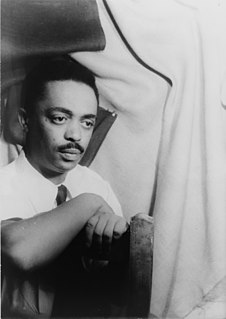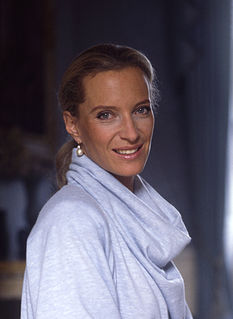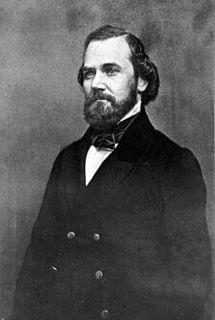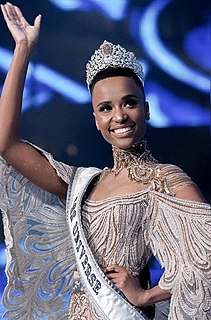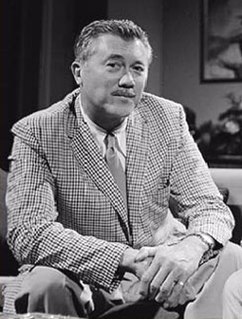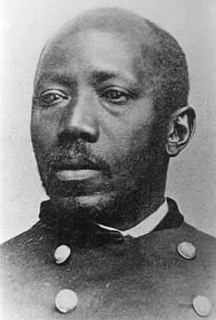A Quote by Peter Abrahams
Positive social awareness among the South African educated half-caste is zero. Teaching is a mechanical job. The best way of earning a living.
Related Quotes
We do not have a South African as a member of the African Commission. The President of the Commission comes from Mali, the Deputy comes from Rwanda and then we have got all these other members, ordinary commissioners. There is no South African there. And the reason, again, for that is not because we didn't have South Africans who are competent.
That's one of the biggest losses, I think, to African American families, is that people, once they left, they turned away from the South. They didn't look back, and they often didn't tell their children about it. They didn't want to talk about it. It was too painful, what they'd gone through and the caste system of the South, which was Jim Crow.
At the beginning of the 20th century, before the migration began, 90 percent of all African-Americans were living in the South. By the end of the Great Migration, nearly half of them were living outside the South in the great cities of the North and West. So when this migration began, you had a really small number of people who were living in the North and they were surviving as porters or domestics or preachers - some had risen to levels of professional jobs - but they were, in some ways, protected because they were so small.
Water is our next great environmental challenge. It is the new oil. How are we going to preserve this sport unless we are designing and maintaining golf courses that are energy net zero, carbon net zero and water net zero? Or ideally, energy positive, carbon positive and water positive, where they are taking out more than they are using.
I think that in the diaspora, and among immigrants, religion becomes a vehicle for the transmission of cultural information, and cultural codes, and this does end up re-inscribing certain things about the religion - like caste. Caste discrimination and hierarchy are still a very fundamental and violent part of Hinduism. My family was upper caste, and that was very clear. I feel like caste and religious practice are inextricable, actually.
